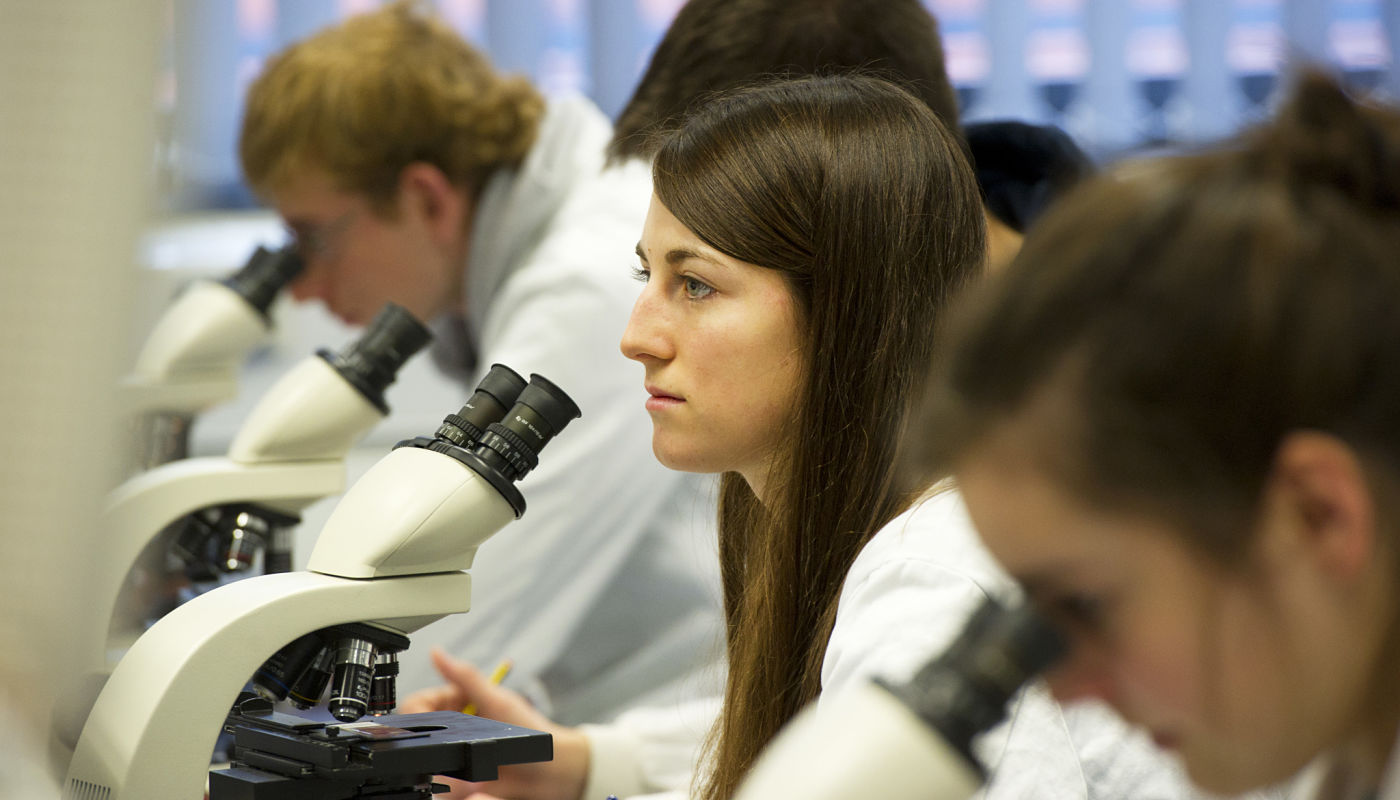Medical and health teaching and research at Oxford University has been ranked as the world's best for the sixth year running in the Times Higher Education World University Rankings.
The discipline-specific tables, released today, follow on from last week's announcement that Oxford has been ranked the top university in the world by the same publication – the first time a UK institution has been awarded the accolade.
The ranking of clinical, pre-clinical and health subjects is based on criteria measuring teaching, research, industry income, international outlook and citations, all of which are combined to provide a well-regarded comparison of universities worldwide.
Professor Alastair Buchan, Dean of Medicine and Head of the Medical Sciences Division at Oxford University, said: 'We are delighted to have come first in clinical, pre-clinical and health subjects for the sixth year running. This success is because of the quality of our students, who come to Oxford because of the quality of our faculty. We are pleased to be able to house students in a fully integrated basic science, translational science, clinical science and population health division, which has a global impact, especially through our overseas units.'
The Medical Sciences Division is a significant part of the University of Oxford, with around 5,000 full-time equivalent researchers, teachers and staff, 1,500 graduate and 1,500 undergraduate students. As one of the largest biomedical research centres in Europe, it carries out a considerable number of clinical trials to develop new treatments and to improve patient care and safety. Both research and clinical trials are supported by a network of international research units in Africa and Asia.
Key to the division's success is its close partnership with the NHS in Oxfordshire, including the Oxford University Hospitals and Oxford Health NHS Foundation Trusts. This means that lessons from the day-to-day experience of real-life patient care are used to improve the University's research and teaching, while the latest developments in medical research are used to improve patient care.
The Medical Sciences Division has enjoyed a successful year, including faculty member Professor Sir Peter Ratcliffe receiving a prestigious Lasker Award for his work understanding the mechanisms by which cells sense and signal low oxygen levels. Earlier this month, Oxford University and local NHS partners were awarded £126.5m by the National Institute for Health Research to support medical research, while other highlights have included the world's first eye operation using a robot, performed by Professor Robert MacLaren, and the first results being reported from the UK's largest study into treatments for prostate cancer.
